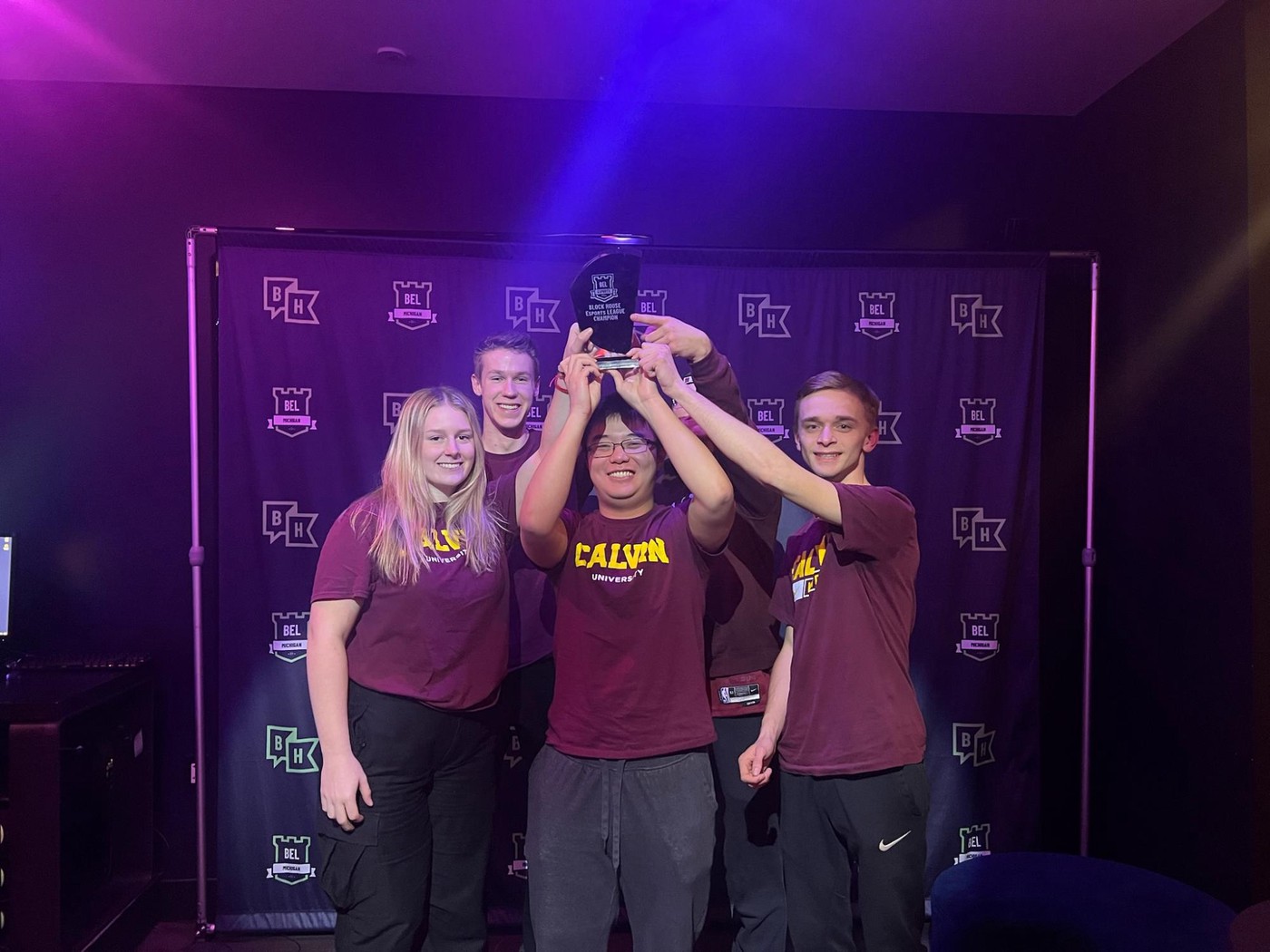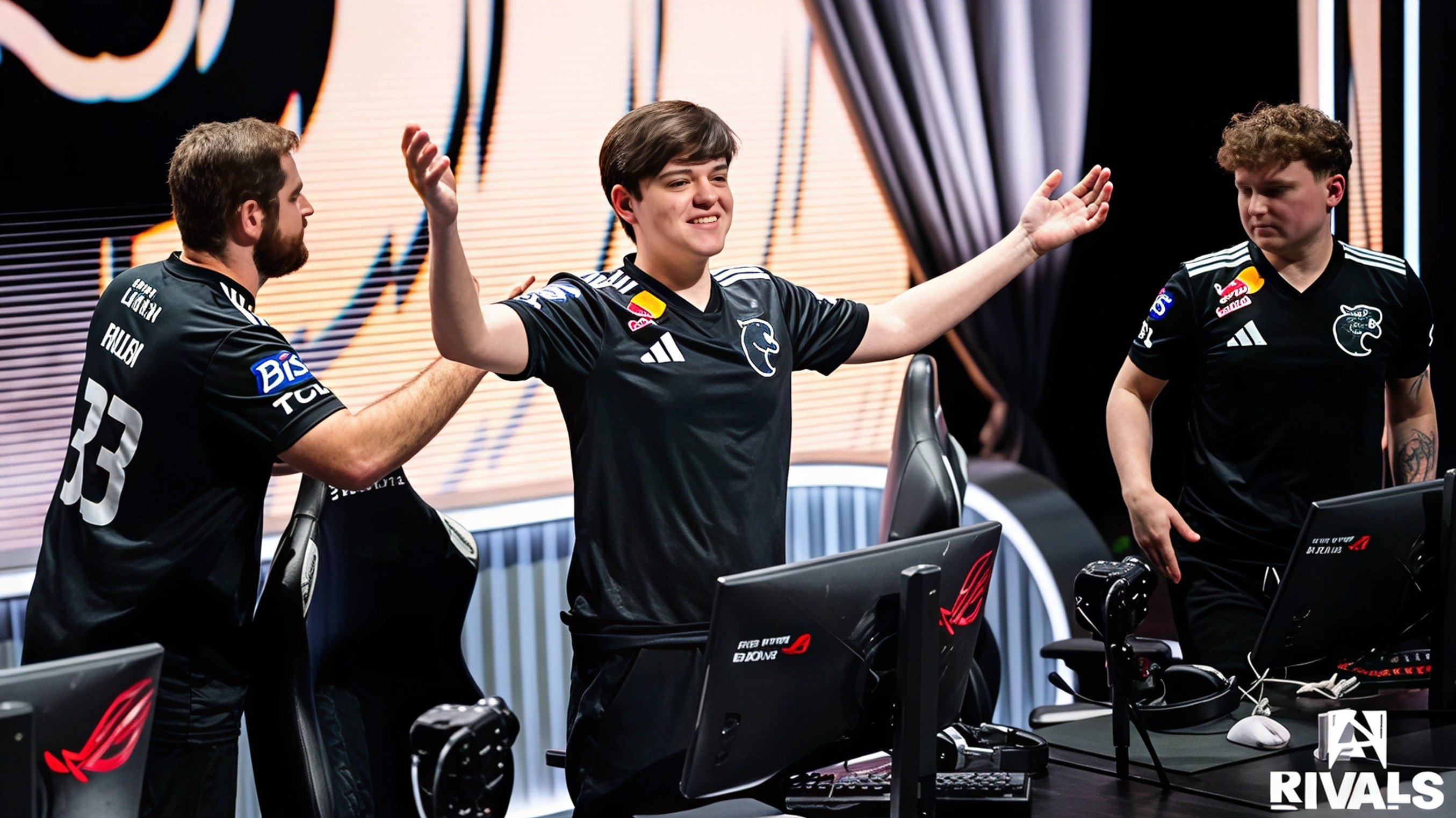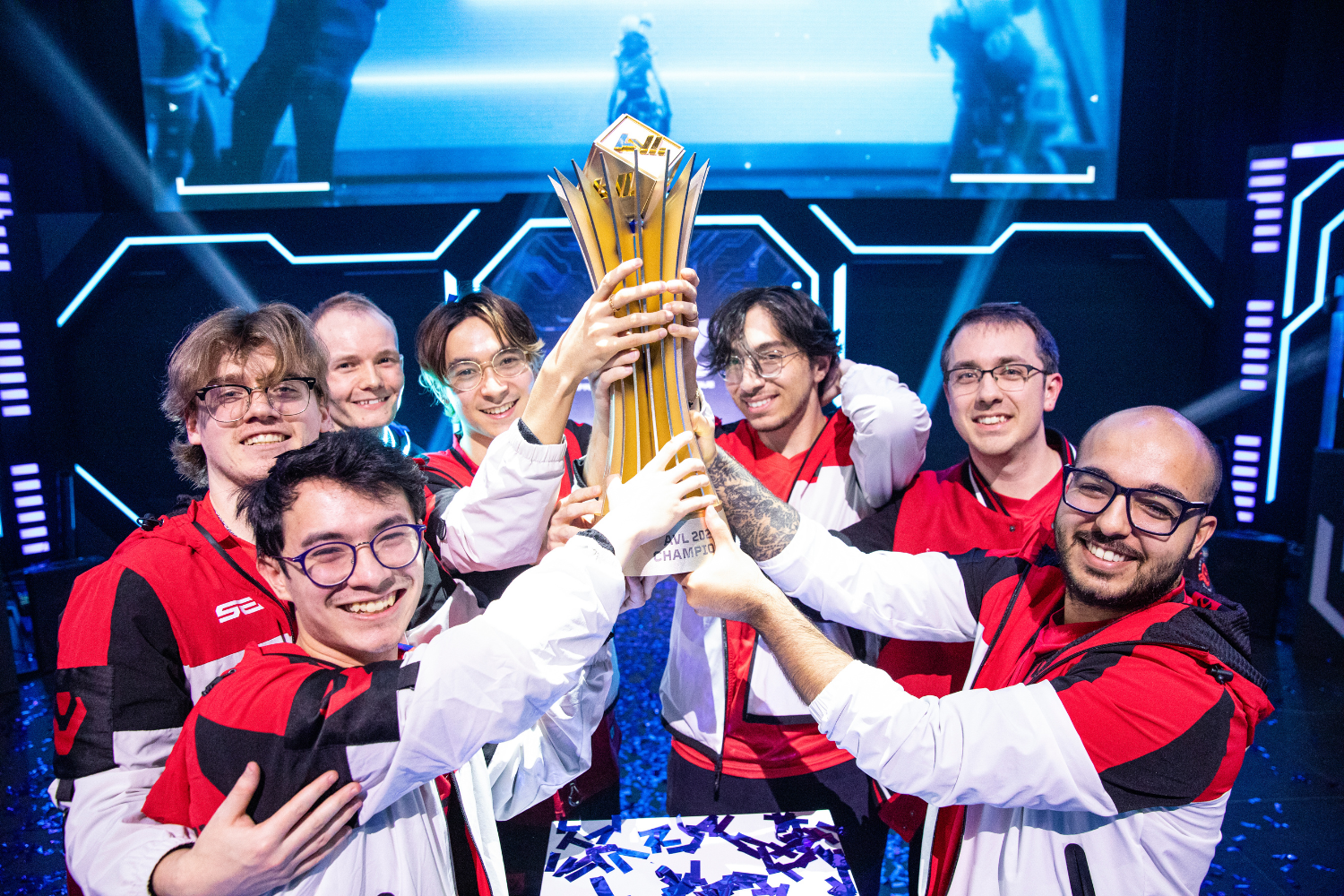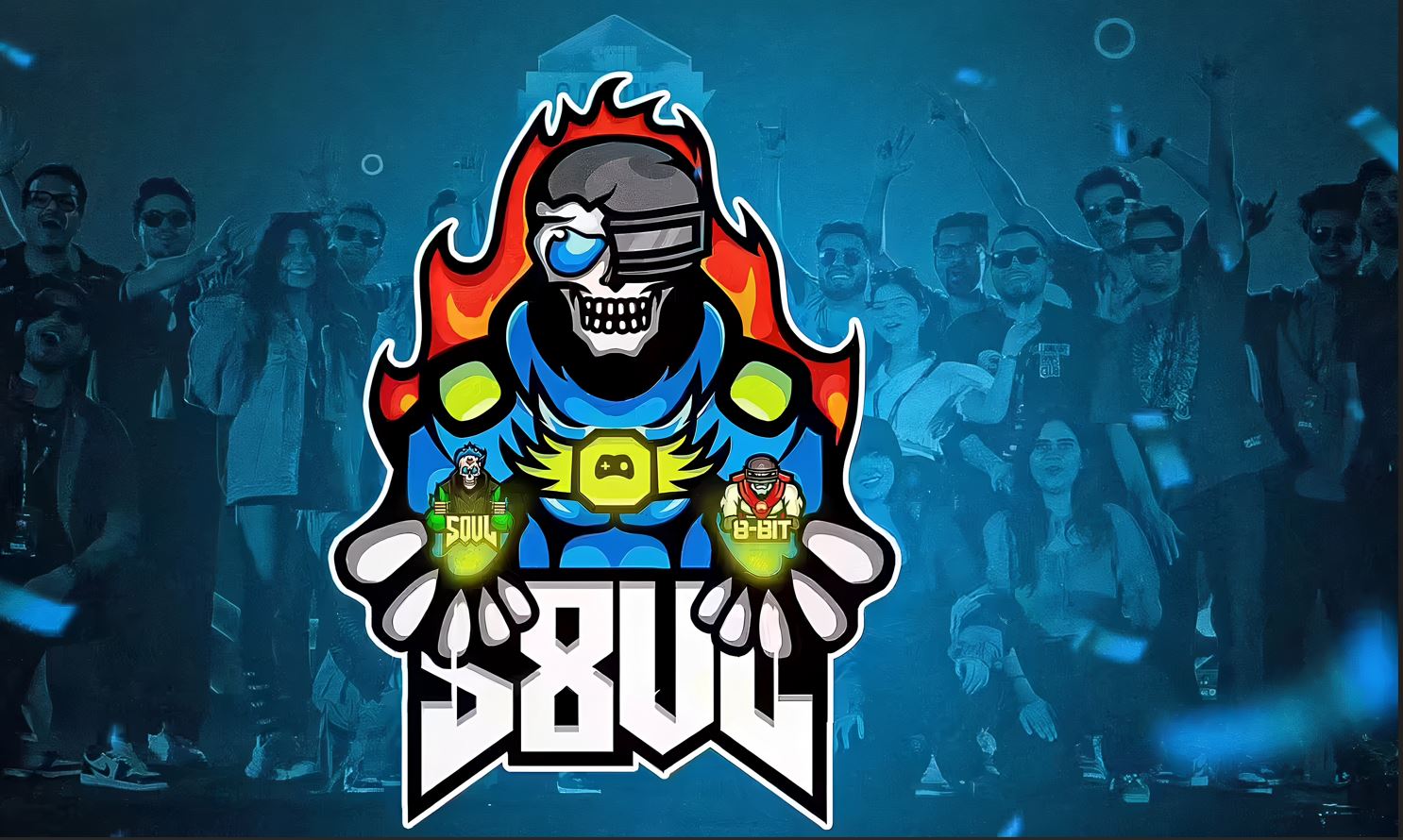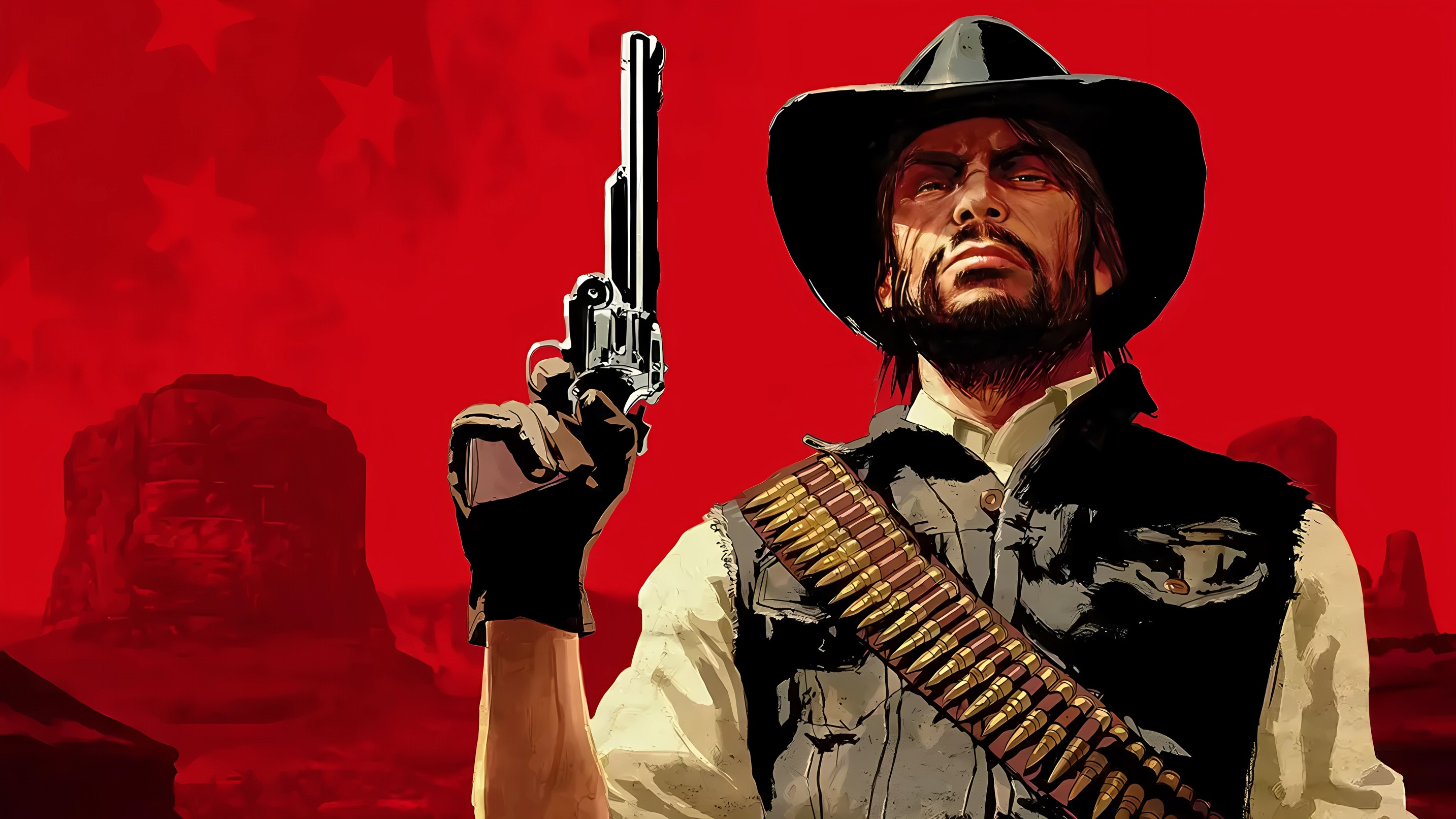Calvin University’s Esports club celebrated a milestone achievement on March 20th by clinching their first conference tournament victory at the Block House Esports League (BEL) Conference Finals in Alma, Michigan. The Valorant team showcased exceptional skill and teamwork, earning them top honors in this competitive gathering of Michigan Intercollegiate Athletic Association (MIAA) member schools.
The journey to victory saw the Knights, as the fourth seed, navigate through the semi-finals by defeating the top-seeded Alma College with a convincing 2-0 in a best-of-three series. They maintained their winning streak in the championship round, overpowering the second-seeded Trine University with another 2-0 win.
A significant boost to the team's performance came from senior Jacob DeJong, a late addition who brought much-needed consistency to the lineup. His presence enhanced team chemistry and communication, playing a critical role in their championship win. “Jacob coming in late in the season was a big deal... they were able to come in and dominate in pretty resounding fashion,” noted Ross Burkholder, the team’s faculty advisor and coach.
This victory was particularly memorable for DeJong, who experienced his first in-person tournament, contrasting the online play he was accustomed to. "It was really cool to compete in person, it just feels so cool to have your teammates next to you cheering," DeJong expressed.
Since its inception in fall 2021, Calvin’s Esports club has evolved from a general video game club into a competitive team, joining the BEL in its inaugural season and setting a foundation for future success. With the club's increasing popularity and competitiveness, Burkholder is optimistic about the upcoming year, especially with new resources on the horizon.
Next year promises further enhancements, including a dedicated budget and a new room for practice sessions, addressing current limitations of practicing in dorms or houses. Burkholder emphasizes, "That’s our biggest hurdle at the moment, I think, is having a space for the Esports team to compete in but also to meet and practice in.”
These improvements not only aim to bolster the team’s performance but also to attract prospective students interested in collegiate esports. DeJong and Burkholder believe that these developments will make Calvin’s campus a more appealing option for incoming students.
Looking ahead, the program’s prospects appear promising with most of the team members, except two graduating seniors, set to return. The club, currently comprising teams in Super Smash Bros Ultimate, Valorant, and Apex Legends, plans to expand its game roster to include Rocket League among others.
With a blend of growing talent and enhanced facilities, Calvin University’s Esports club is poised to build on its recent successes and continue its ascent in the collegiate esports scene.

